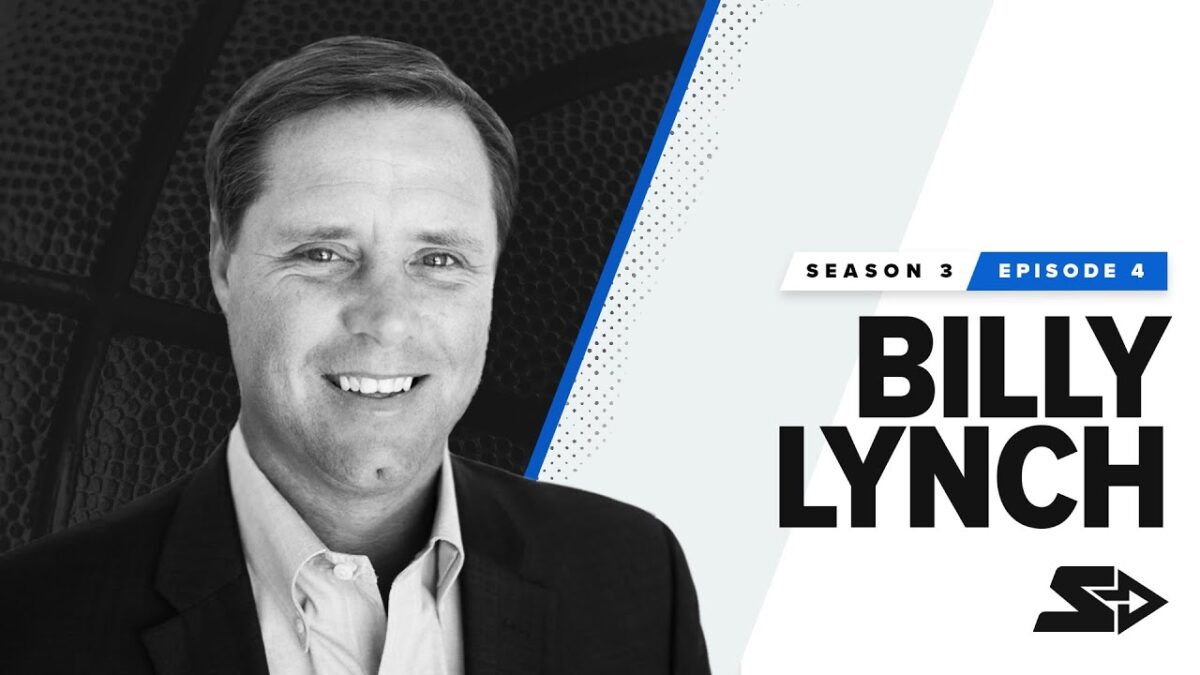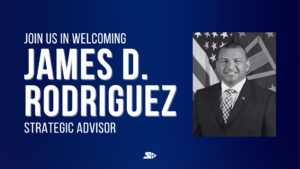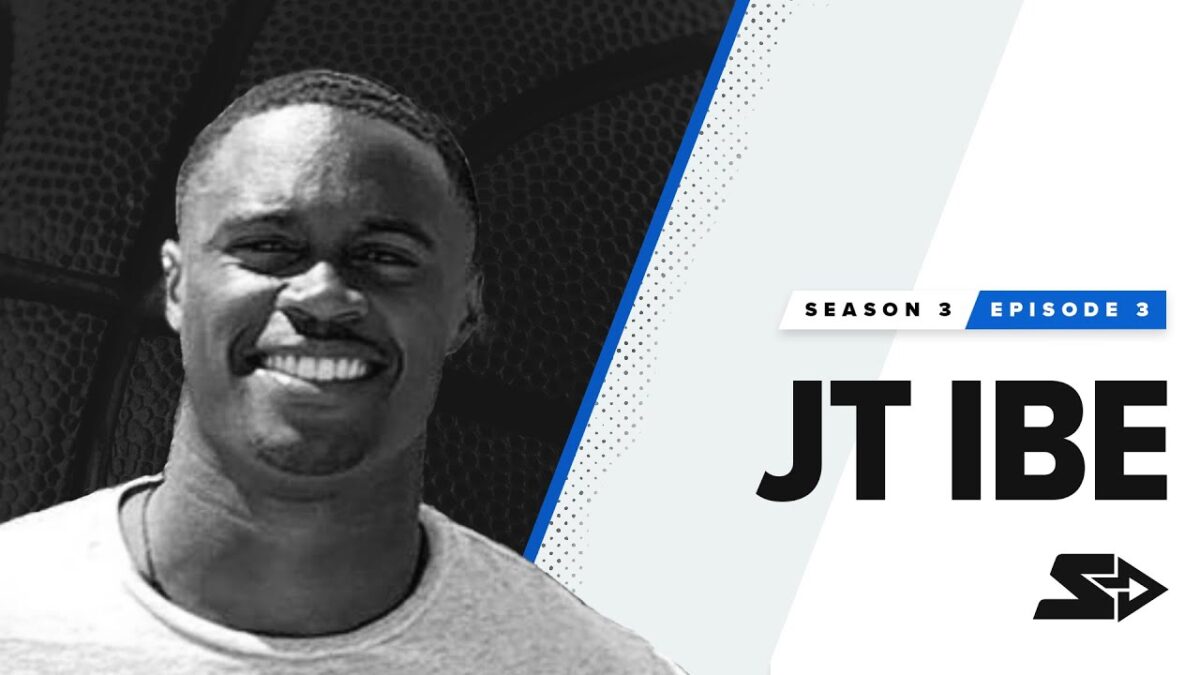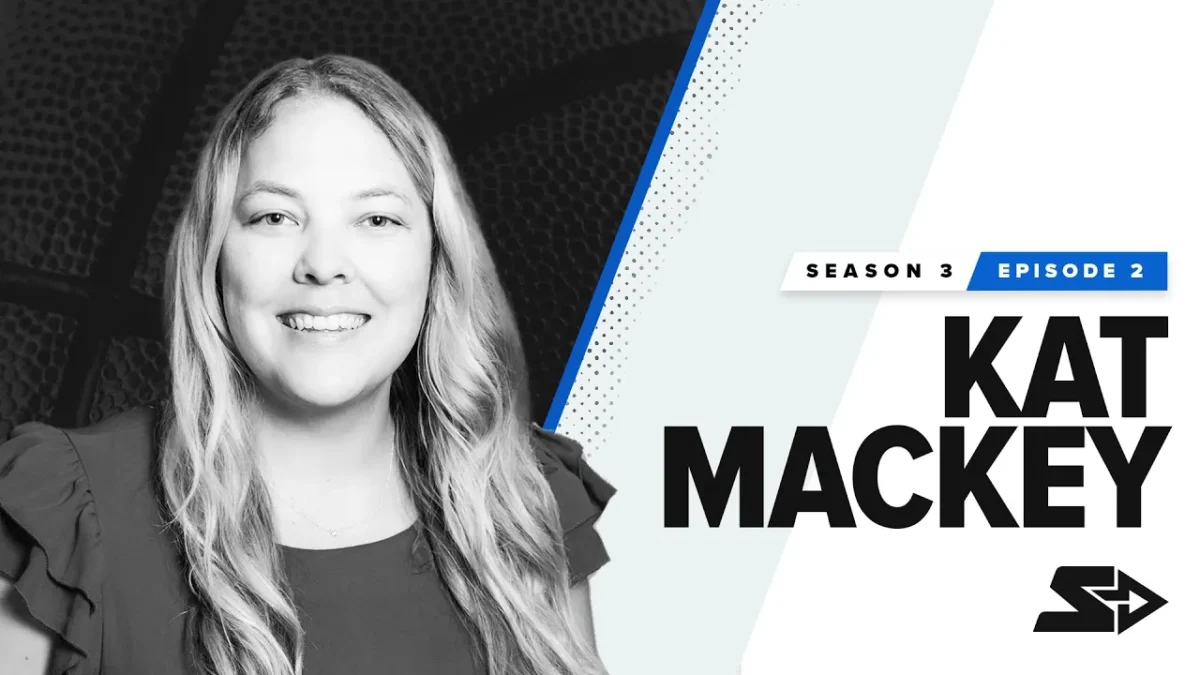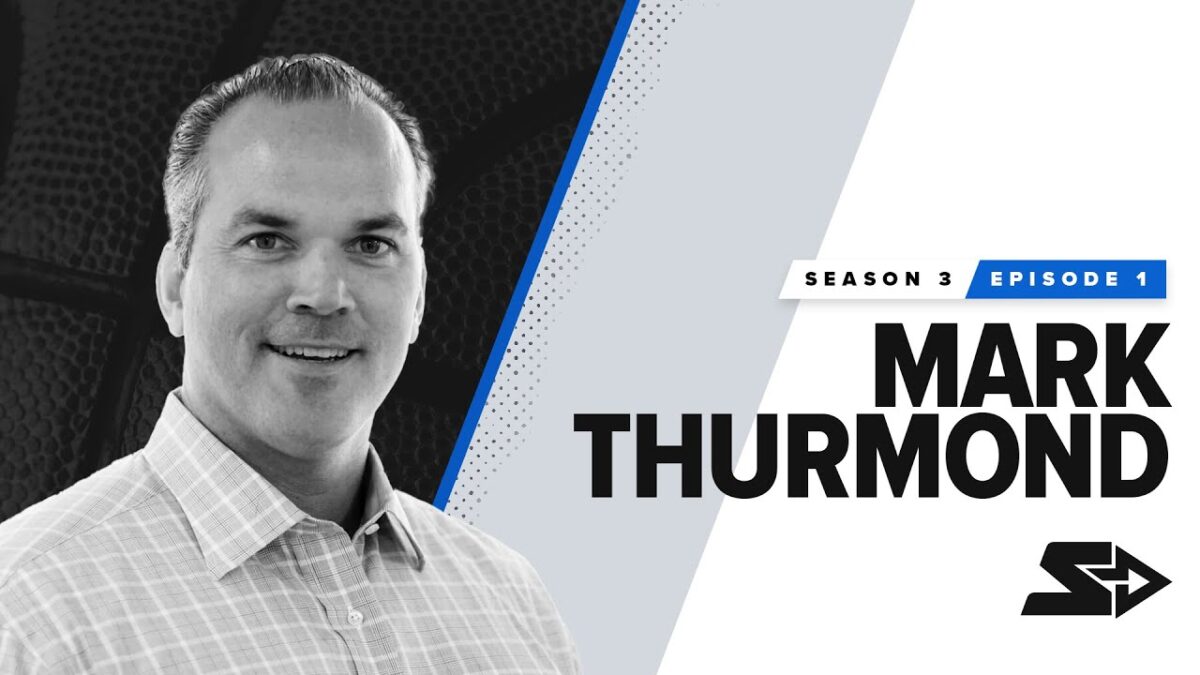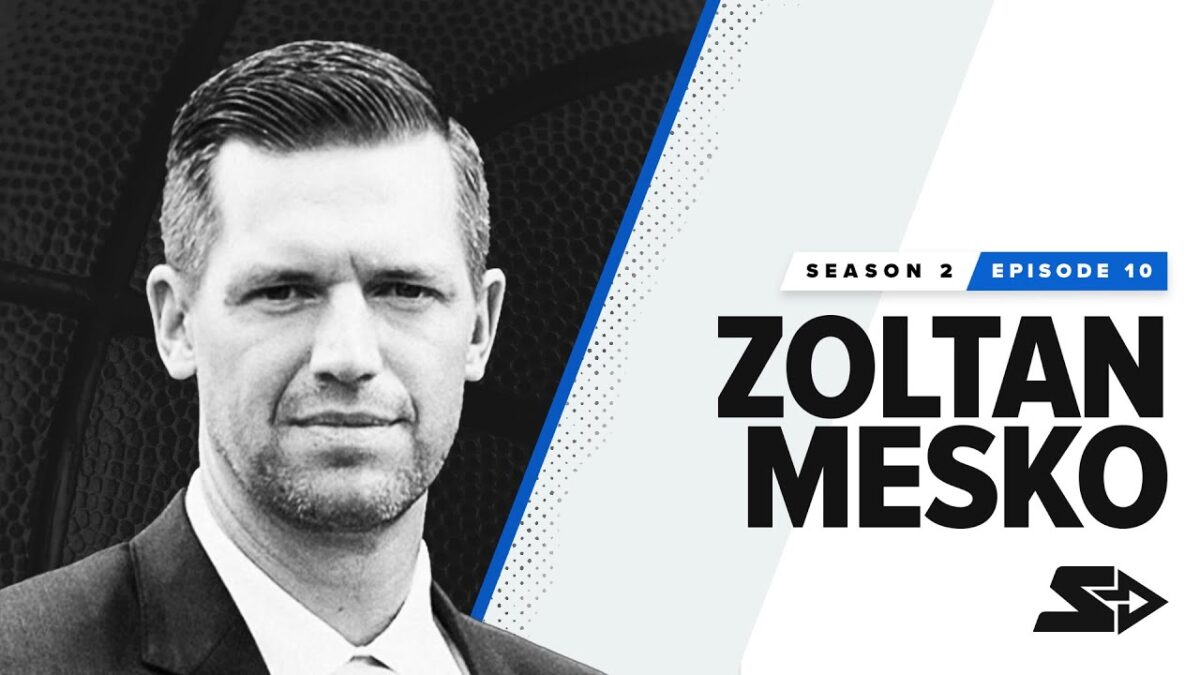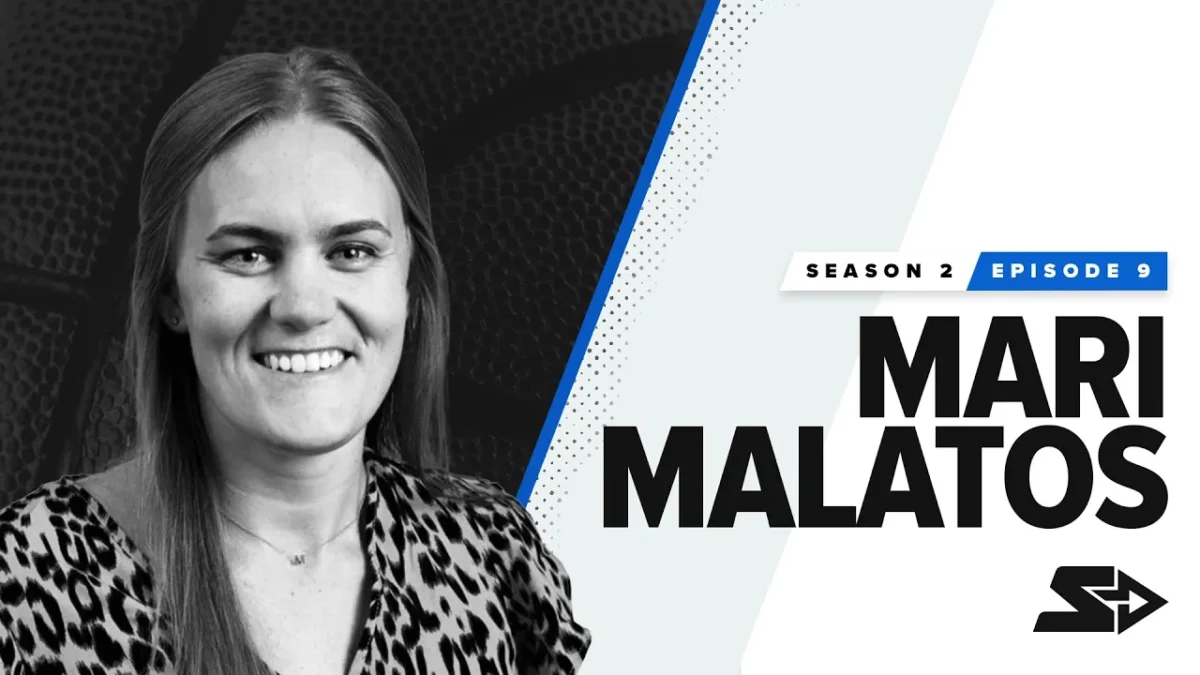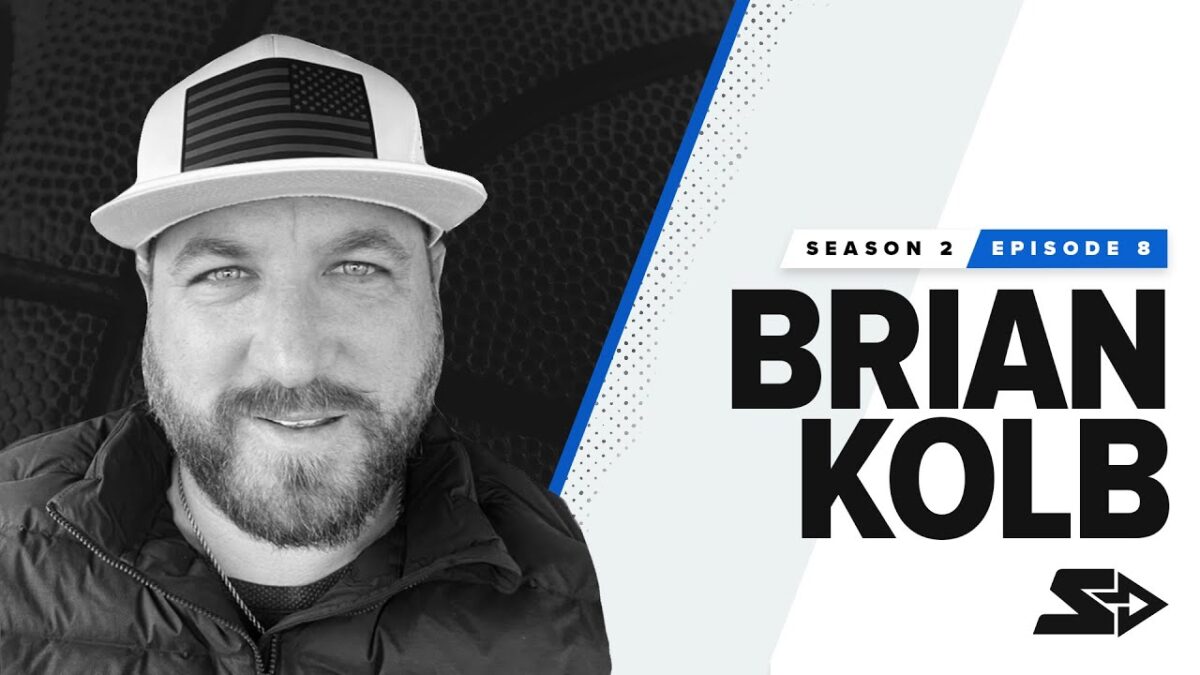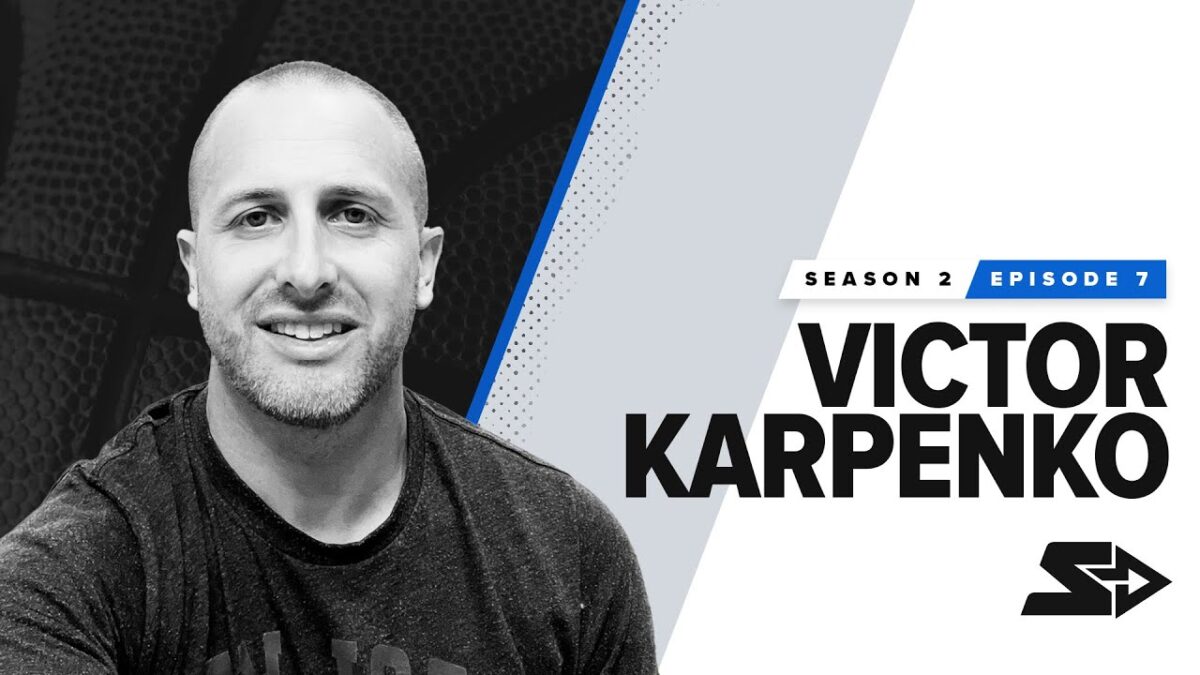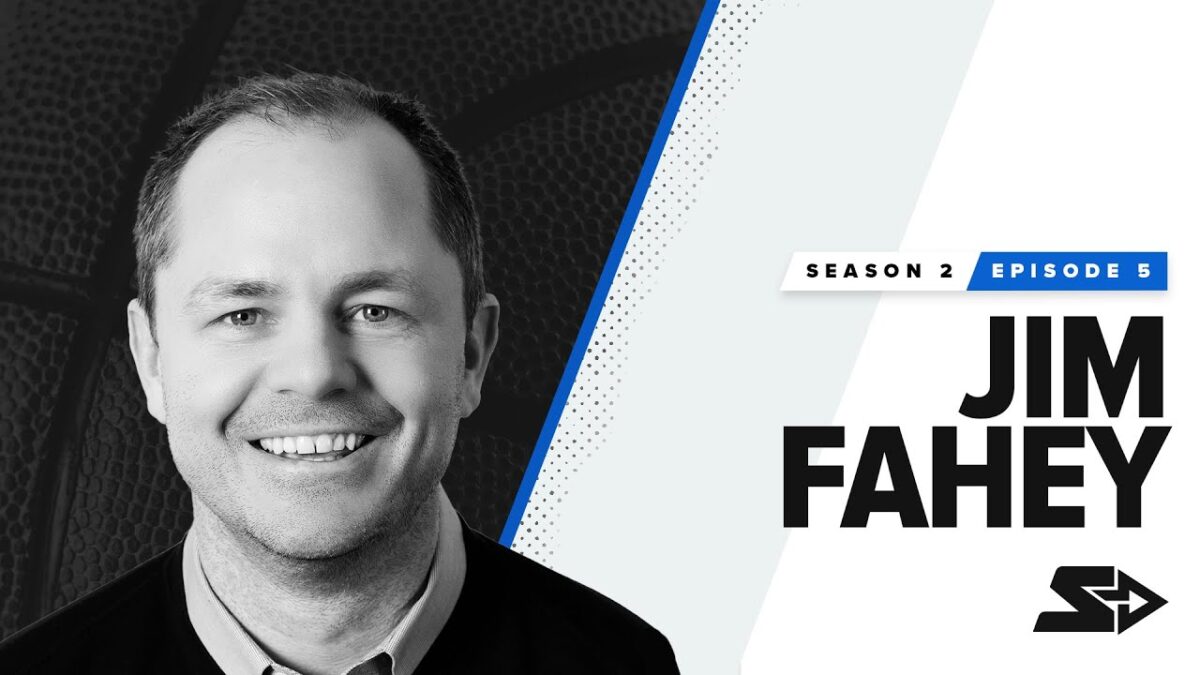Once an athlete, always an athlete. And these words ring so true for Melissa Puleo, a three-sport athlete at Lawrence Academy, a softball player at Trinity College, and Enterprise Account Director at Talon.one, a platform for seamless integration of all customer data. The full scoop is in the pod, and my take on it is available here.
While Melissa fits the classic profile of a successful athlete turned successful salesperson, there’s plenty about how she works and how she thinks that sets her apart. John and I had the chance to talk to her about how her background in athletics has fueled her success in tech sales.
An Athlete’s Mindset
As an athlete, Melissa was the consummate team player—as she describes it, “never the MVP, always the Coach’s Award.” But really, isn’t “Coach’s Award” just a different kind of MVP? I think so, and when I hear “Coach’s Award,” I think “backbone.” “Heart and soul.” And I also think “Melissa Puleo.” And it’s probably no surprise that the positions Melissa played in her three sports were goalie, goalie, and catcher—definitely the backbone positions of every team!
While some athletes like the limelight, Melissa knew that what set her apart is what she did before and after practice. Arrive early. Stay late. Be tenacious. Believe in yourself. Persevere. And most importantly, stay tough when times get hard.
An Accidental Salesperson
You read that right. Melissa became a salesperson by accident. There was an on-campus recruiting event where NetSuite was looking to hire for some business development roles. Melissa wanted to get into business, was interested in marketing, and figured this would get her foot in the door. She had no idea it was a sales job! But when NetSuite started her in a training class of 10 new BDRs, she liked what she saw. The competitive nature of sales was perfect for her—and while the money is nice, she loves the thrill of winning.
Deliberate Decisions
Unlike Melissa, most of you have made a conscious choice to go into tech sales. As a sales leader, Melissa has some advice for when you’re trying to break in. She believes that being an athlete gives you an automatic edge. You went to school AND managed all the additional commitments you had as an athlete and as a teammate. So tell your story as an athlete—talk about your dedication, mental training, and how sports drills you to operate at a higher level.
In the end, many of you will get multiple offers from multiple companies. When you’re evaluating those, Melissa suggests asking yourself whether you’ll be working for someone who you want to work for and who will help you advance your career. Melissa is certain that if she hadn’t had a good first leader, she would not have stayed in sales.
Win the Day
Whether you get into sales by accident or on purpose, once you’re there, you’re all in the same boat. It’s really hard. Melissa relied on her sports mindset and skill-building, and quickly came to appreciate small wins.
Take the time to figure out your own sales style—what works for one person might not work for you. Find people you want to be like and emulate them. Find what fits and you’ll come into your own, and you’ll be ready to take the next step into the AE role when one is available.
Probably the best advice Melissa ever got as a BDR was to “win the day.” Keep it manageable. Focus on the tasks at hand. Win the day. Worry about tomorrow, tomorrow. Clearly, that advice has served her well.
Moving on Up
Now that Melissa is in a leadership role, she sees things from a very different vantage point. To new leaders, she counsels how important it is to understand your team—your whole team. Sales are both an art and a science, and everyone is different. Therefore it is important to be aware of differences and coach everyone—not just people whose styles are similar to yours.
For the women out there, Melissa wants you to know this: you’re not anywhere just to listen. Speak up and promote the work you do. If you don’t, you risk a lack of awareness of your accomplishments, and that may hold you back. Being an athlete takes confidence—remember that and speak up for yourself and for your team.
Tune in to the podcast to hear Melissa talk about all this, tell the amazing story of the XXXL green jacket, and explain what it’s like to be a BDR in a large established company vs a startup.
Bhupendra Rathod
on
March 9, 2023
